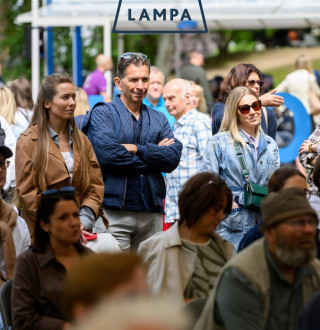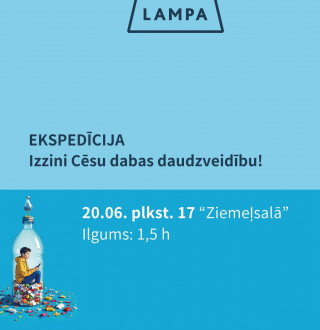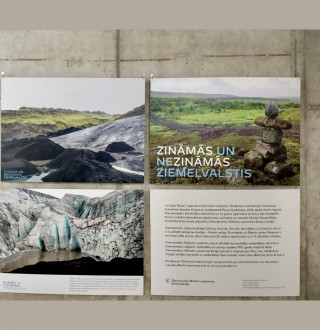"In the European context Latvia along with the other Nordic countries has the largest forest area - 52% of its total territory. The contribution of forestry to Latvian GDP amounts to ca 5%. With the development of green economy and growing use of renewable resources the demand for timber and timber products is expected to grow even further. As a timber exporter, Latvia is set to gain importance due to the demand for renewable resources, which will be directly affected by the renewable energy objectives laid out in the EU strategy ""Europe 20"". In March 2012 the European Commission published a declaration titled „Inclusion of Land Use, Land Use Change and Forestry (LULUCF) sector in the Union’s climate change commitmentsâ€. The declaration deals with the latest issues related to the LULUCF and proposes their gradual adjustment – harmonisation of the LULUCF sector’s accountancy requirements at the EU level and inclusion of the LULUCF sector into the EU reduction objectives of greenhouse gas emissions. Considering the importance of forest industry in Latvia, synergy in the application of different policies both on the national and regional level is of vital importance because according to the subsidiarity principle forest policy remains within the competence of each EU member state, which must be taken into account when assigning LULUCF activities for each member country. Agriculture too is bound to be heavily challenged in relation to the climate policy – the growing world population will require more extensive production of food, which at the same time would have to be sustainable, contributing to proper and safe exploitation of agricultural land and not causing the greenhouse gas emissions to rise. Lest the LULUCF forestry requirements should clash with the Latvian forestry development objectives, strengthening harmonisation among various EU policies is vital.
Latvian Ministry of Agriculture submitted their project „The Nordic-Baltic LULUCF Network for Climate Friendly Land Use Measuresâ€, which explores the impact of forestry and agriculture activities on the climate change, to the Nordic-Baltic Mobility Program of Public Administration. The project aims to strengthen regional cooperation by experience exchange, identification of present difficulties and common problems as well as sharing knowledge and practical solutions. The project involves partners from eight countries (Denmark, Estonia, Finland, Iceland, Latvia, Lithuania, Norway, Sweden) and experts from 17 institutions. Regional cooperation is tremendously important for the exchange of technical knowledge. Geographic and climatic similarities allow the methodology of calculating greenhouse gas emissions (in forestry, agriculture) to be adapted in another neighbouring country. Such projects offer a platform for discussion, activate interaction of experts as well as make it possible to invite scientists and take part of their latest findings. The project is being successfully implemented and is highly appreciated also by EU institutions. The project’s coordinator Daiga Zute, senior officer at the Forestry Strategy and Support Division of the Latvian Ministry’s of Agriculture Forest Department, will present the project both in Novara (Italy) and in Brussels.
"









